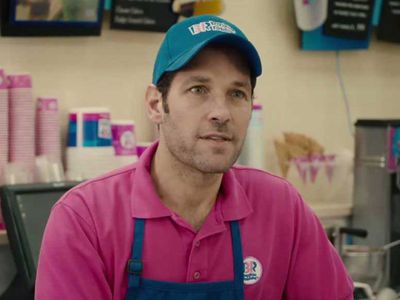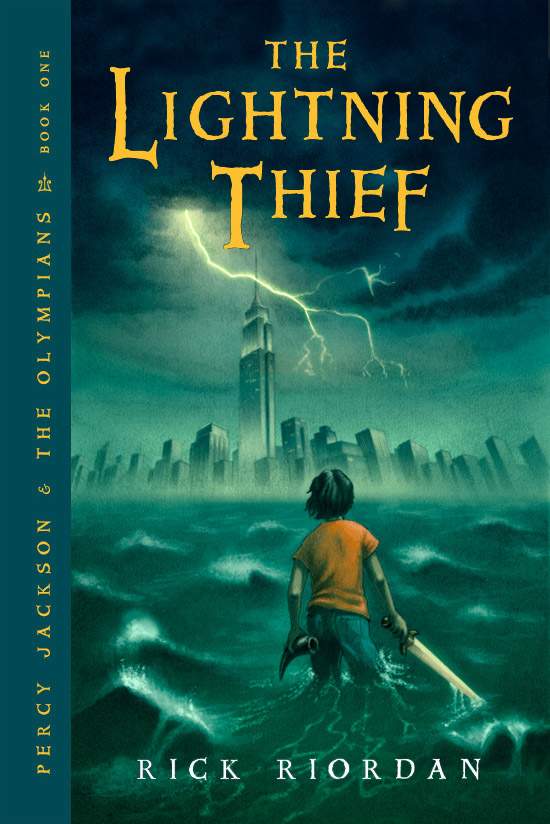"Car Radio" at first glance is about a man whose car radio was stolen, but that simply isn’t the case when the lyrics are truly broken down. “I ponder of something great… I know it’s dire my time today, I have these thoughts, so often I ought to replace that slot with what I once bought cause somebody stole my car radio and now I just sit in silence”. The band is truly trying to shed light on a very serious problem in American society, suicide.
When Tyler Joseph, the band’s lead singer and songwriter, is talking about his car radio he really means it as a metaphor for the things in life you use to distract yourself from life’s big questions. “I hate this car that I'm driving there's no hiding for me…I ponder of something terrifying cause this time there's no sound to hide behind”, Joseph expresses the fear of dealing with life’s problems and how that now without his distractions there is nowhere to hide from these questions in life. A feeling that can be matched by almost any young person in America. “I could pull the steering wheel” this line reveals a sad truth how some might see suicide as a way out for these situations, a way out of the harsh reality.
Suicide has become more and more of a phenomenon in America. In 2000 the suicide rate in America was 10.4 people per 100,000 Suicide is now the 3rd leading cause of death among people ages 17- 12, and Joseph is showing how the hard questions in life can lead to those kind of thoughts.
Later in the song it is stated that “There are things we can do, but from the things that work there are only two, and from the two that we choose to do, peace will win and fear will lose, it is faith and there's sleep, we need to pick one please, because faith is to be awake, and to be awake is for us to think, and for us to think is to be alive, and I will try with every rhyme, to come across like I am dying, to let you know you need to try to think”.
Joseph is stating that faith represents life and sleep represents suicide or death. The point is made that life is important, but it isn’t easy. Life makes you ponder these decisions, makes you think, and when all your distractions are gone you need the faith that things will work out in the end.
Joseph uses this song to capture a snapshot in life that everyone goes through and tries to help guide them though this silent moment.













